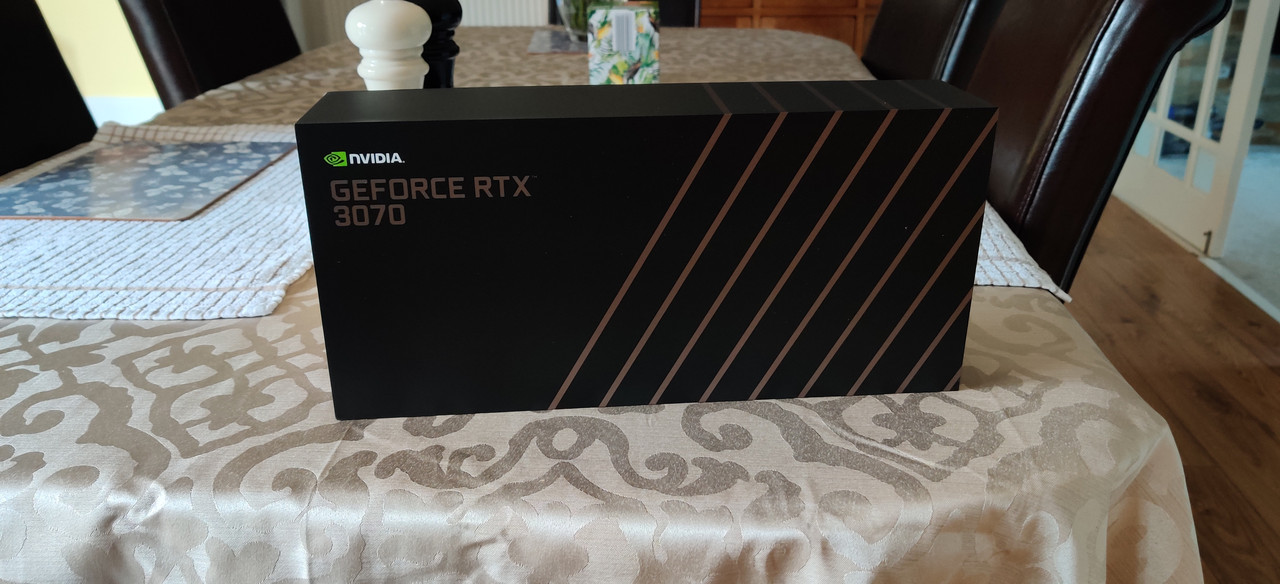Weighted Blanket Benefits
Weighted blankets help people sleep better in the following ways:
Reduces cortisol levels: Grounding reduces the production of cortisol, a steroid hormone triggered by stressful situations. While cortisol is not necessarily bad, nighttime cortisol production can counteract the production of melatonin, which can in turn have a negative effect on sleep quality.
Helps produce more melatonin: Natural light triggers melatonin, causing us to feel more tired at night and more wakeful the next morning. People with
insomnia tend to produce less melatonin, leading to problems with sleep onset and/or sleep maintenance. As a result, those who use weighted blankets for insomnia and other disorders linked to low melatonin production often experience notable sleep improvements.
Triggers happiness hormones: Grounding triggers the release of serotonin, and other ‘happiness hormones’ that calm the nervous system and make people feel more relaxed.
Reduces sleepwalking episodes: Interrupted or inefficient sleep can cause in adults and children. Weighted blankets cause people to feel more relaxed before falling asleep, which often leads to deeper sleep and more restful nights. As a result, weighted blankets can be very helpful for sleepwalkers – particularly toddlers and young children.
In addition to benefits for sleepers, weighted blankets can also alleviate stress and anxiety for many. Dentists often provide weighted blankets to patients in order to alleviate their stress before exams. Physicians have also noted that adults and children with certain disorders and medical conditions may benefit from using a weighted blanket for anxiety. These include:
Autism spectrum disorder (ASD): A weighted blanket for autism can be effective for several reasons, particularly among children with ASD. Individuals with ASD often have below-average serotonin and melatonin levels, which can lead to sleep difficulties. Additionally, children with ASD tend to experience anxiety, especially at night.
Attention-deficit/hyperactivity disorder (ADHD): Poor academic performance is a common issue among children with ADHD, and this problem may be compounded by lack of restful sleep. When used correctly, a weighted blanket for ADHD can not only improve the child’s sleep but also sharpen their focusing abilities in the classroom and boost their grades.
Post-traumatic stress disorder (PTSD): Like ASD, PTSD is a condition that can reduce serotonin production levels. By boosting these serotonin levels and alleviating stress – a common symptom of PTSD – weighted blankets can help people with PTSD improve their overall sleep quality.








